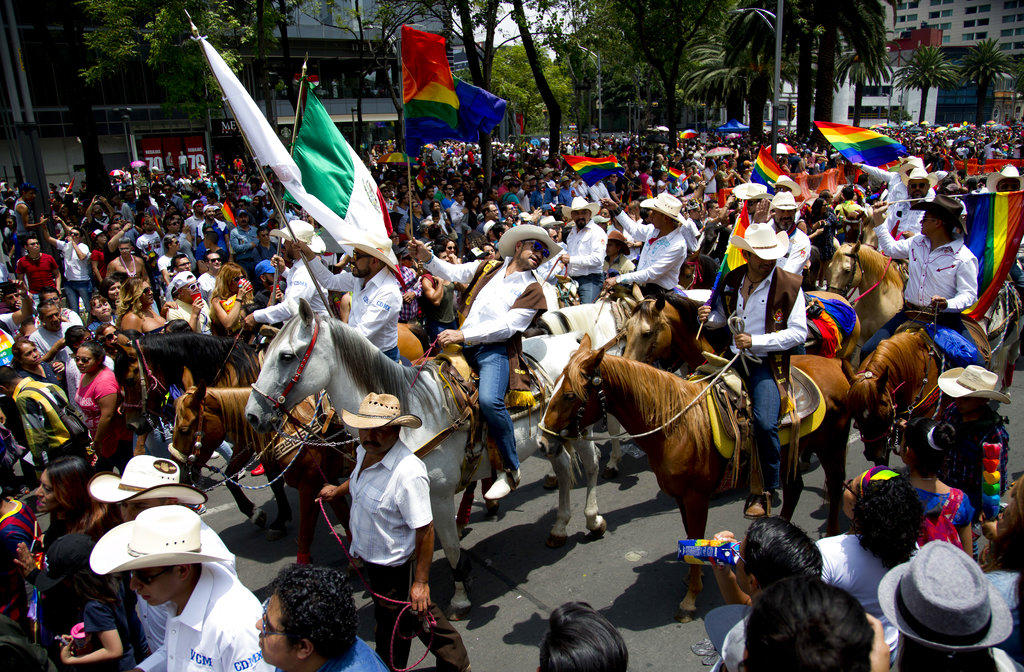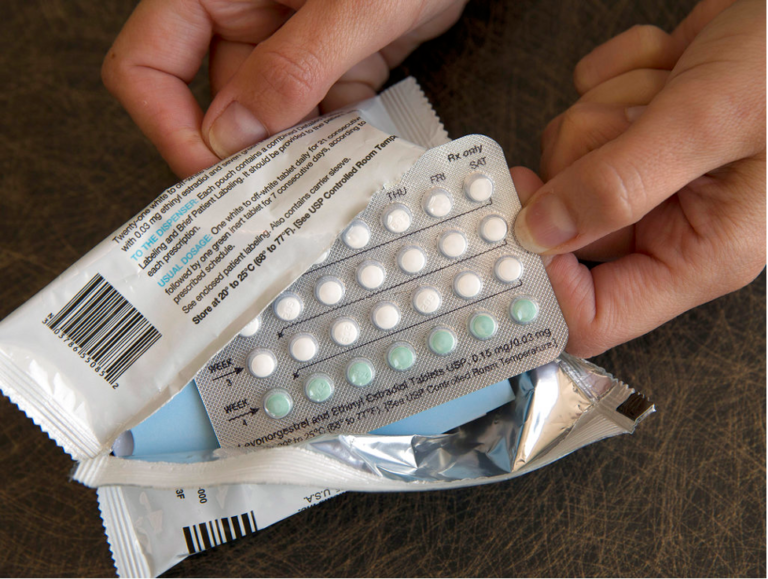
Most Americans are shocked when I tell them that my conservative, Mexican Catholic grandmother is a Bernie Sanders supporter. This shock is understandable given the current attitudes towards the country: Mexico is seen as a backwards nation from which people need to escape extreme poverty and lawlessness. It is not, however, seen as the rapidly progressing country that it is.
Mexico is an economically developing country that is facing serious problems including rising poverty levels due to the COVID-19 pandemic and mass displacement resulting from cartel violence. Nevertheless, the country’s political system is more developed than its economy. Since emerging from one-party authoritarianism in 2000, the country has taken massive steps towards consolidating its democracy.
The country runs elections that, although marred by violence, can be described as free and fair and has peaceful transfers of power. With each passing election, the democratic political structure continues to ingrain itself. In 2006, when the country was still adjusting to democracy, there was one instance of a runner-up to the Presidential election not conceding. The alternative swearing-in ceremony he held was a peaceful affair, unlike the 2021 Capitol insurrection that occurred 245 years into the American democratic experiment. This is emblematic of how, as the United States is experiencing backsliding, its neighbor to the south continues to improve its democracy.
The main criticisms of the Mexican government’s performance are on widespread corruption, human rights abuses, and a lack of ability to enact effective policy to combat these issues. This is, understandably, difficult as the country is still a relatively new democracy. Nevertheless, they have made some recent strides, especially with regards to improving human rights.
In the past decade, Mexico has effectively legalized marriage equality. Although there are still some states that do not officially recognize these unions, thanks to a 2015 Supreme Court ruling couples have been able to seek marriage licenses through court injunctions and all states are required to recognize same-sex unions.
The 2018 landslide election of leftist President Andrés Manuel López Obrador (AMLO), ironically the runner-up who held the alternative swearing ceremony, represented a major shift in the country. He ran on a platform that prioritized the poor through increasing state involvement in the economy and stamping out corruption and cartels.
Although cartels are still a major problem for the government and general population, advocates in Mexico are attempting to push for a new approach: decriminalizing drugs. While the country has not gone as far as decriminalizing all drugs that some, including President AMLO, support, the Supreme Court recently voted to decriminalize recreational marijuana. Although it is certainly not a solution to cartel violence, it is altering their previous approach of fighting violence with increased militarization and it has potential to improve the situation. In the United States, marijuana is still criminalized at the federal level as the war on drugs continues to disproportionately impact communities of color.
Although he has not been successful in completely transforming the country, the government under AMLO has taken strides in the right direction. He has enacted policies such as increasing the minimum wage and supporting direct cash grants for the poor. Throughout his term, he has remained largely popular amongst the population, especially the poor, who feel as if they are being represented for the first time. AMLO represents a new path forward. This is a huge stride for a country where, historically, citizens have little confidence in their government.
Further north, the United States is currently struggling to legitimize its government: according to a January 2022 Axios-Momentive poll, around 45 percent of the American population does not believe that President Biden won the election legitimately. This is occurring while a starkly polarized Congress has been stagnant on passing any progressive legislation and a conservative-leaning Supreme Court threatens to destroy Roe v. Wade.
In a landmark decision last year, the Mexican Supreme Court voted eight to three to decriminalize abortion. This is a huge victory for the majority Catholic country where, as of 2008, complications from unsafe abortions were the fifth leading cause of maternal mortality. Pregnant individuals in Texas, which recently enacted some of the strictest anti-abortion legislation, are now turning to Mexican activists for access to safe abortion pills.
While Mexico is still a deeply flawed country that needs to systematically alter the government in order to root out corruption and actually combat the cartels, it is not the backwards country that the American media and populus portray it as. This view is hypocritical – Mexico is currently making remarkable progress while the United States is, at best, stagnant and, more accurately, actively taking steps backwards.
Americans need to alter their perspective on Mexico. There is a reason Bernie Sanders resonated with my conservative Mexican grandmother: she sought to support a candidate who would actually help the neediest people. Mexico is a country with a nuanced political system and we should treat it as such. If we shift our attitudes towards our Southern neighbor, we can contextualize its shortcomings with its triumphs and be more sympathetic to a country that is taking tangible strides towards progress.



